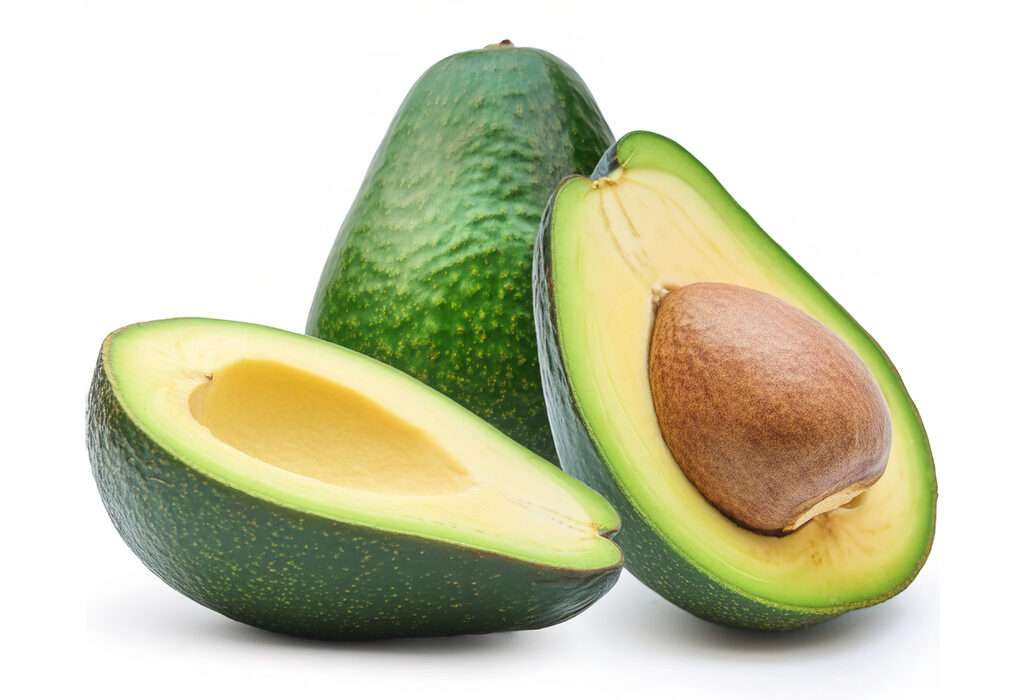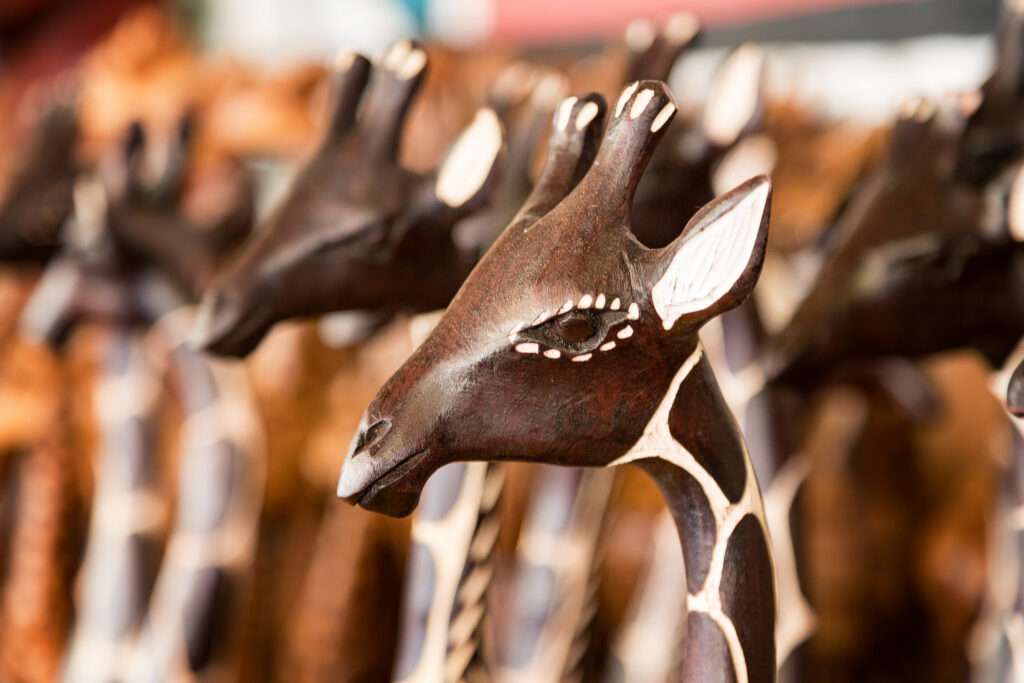AfCFTA Success Story:
AfCFTA will bring unimaginable benefits, says Tunisian businessman

Mokhtar Zannad is the CEO of Aramis, a machinery export company based in Tunis, Tunisia.
AfCFTA will bring unimaginable benefits, says Tunisian businessman
The benefits that the African Continental Free Trade Area (AfCFTA) agreement will bring to Africa’s people and businesses, once it is properly up and running, are almost unimaginable, says Tunisian businessman Mokhtar Zannad, CEO of Aramis, Tunisia.
“It is estimated that by 2050 there will be 2.5-billion people in Africa … Imagine the need for food, fuel, paper,” says Zannad, whose company Nielsen Recycling Solutions develops and manufactures machines used by the recycling industry.
Zannad, an engineer by training, has already experienced the benefits of a similar free trade area agreement. After Tunisia signed the Common Market for Eastern and Southern Africa (COMESA) agreement in 2018, Zannad saw Nielsen’s market broaden because trade between COMESA’s 21 members is exempt from customs duties.
The elimination of customs duties means Nielsen’s machines are very price-competitive in a common market that extends from Tunisia on the Mediterranean to Eswatini, sandwiched between South Africa and southern Mozambique.
In an example of the power of businesses banding together, Zannad says turnover from selling Nielsen machines into the agro-food sector has increased by 90% since a business cluster called Taste Tunisia began operating. Taste Tunisia, which Zannad heads, is an association of Tunisian firms operating in the agro-food sector and its related activities. Member businesses share information and contacts in the sector, helping each other to thrive.
“We [Tunisian businesses] are more effective when we work together in Africa. I went to Nairobi, Kenya, years ago and of eight or nine olive oil brands on the supermarket shelves, only one was Tunisian. I went back a year ago, and now there are 13 olive oil brands on the shelves. All but three are from Tunisia.”
Zannad says that the Deutsche Gesellschaft für Internationale Zusammenarbeit’s (GIZ) support, aimed at coordinating and institutionalising the AfCFTA in Tunisia, has been very important to the country’s private sector. Through GIZ, the Tunisian business sector has learnt to share information and resources when it comes to trade outside of the country’s borders.
This was not natural for businesses that were used to competing in Tunisia’s relatively small market of 12.5-million people and in neighbouring Algeria, with its population of 44-million.
“Through GIZ we learnt that we can be competitors locally, but outside we should work together,” says Zannad.
GIZ has also supported the Tunisian business community by subsidising trade trips to other African countries viewed as prospective markets, and is helping to entrench good business practices such as providing progress reports every three months, says Zannad.
Zannad had his start in the oil and petroleum industries in Nigeria and Algeria in the late 1980s and entered the paper industry as a way of returning to his homeland, Tunisia. There, he established Technopap, a paper technology company that is the oldest Aramis entity.
Ten years later, Zannad started Nielsen because Tunisia’s large paper-making sector produces a lot of paper waste for recycling. Zannad thought that, instead of the general practice of importing paper recycling equipment, from baling machines to de-inking machines, why not design and manufacture them in Tunisia? That way, he could “do big things for the environment and to combat unemployment for young people”. He holds a patent for the first baler that can bind together 14 different products, making it viable beyond the paper recycling industry.
With the potential of the enormous, and growing, African market being strengthened and expanded by AfCFTA’s implementation, the future looks good for Tunisia and Africa, says Zannad.
“Tunisia can and must be the bridge between Africa and Europe, and African countries must work together. That is a passion for me,” he says.



